In a fresh flashpoint between the Congress and the BJP, senior Congress leader and former Union Finance Minister P. Chidambaram has rebutted Union Home Minister Amit Shah’s recent comments regarding the 2013 execution of Parliament attack convict Afzal Guru. Chidambaram stated unequivocally that the delay in the execution was due to the pending mercy petition before the President of India and not, as Shah suggested, due to the Congress government’s reluctance.
This political row comes amid the BJP’s renewed push to highlight the Congress’s alleged leniency towards terrorism, a narrative being amplified in the run-up to state and national elections. However, Chidambaram’s clarification adds nuance to a widely politicized debate, refocusing attention on constitutional procedure over political posturing.
The Controversial Statement
While addressing a rally in northern India earlier this week, Home Minister Amit Shah criticized the Congress-led UPA government, claiming that it deliberately stalled the execution of Afzal Guru due to “vote bank politics.” Shah asserted that the Congress leadership “kept the file in a drawer” and only acted when compelled by popular pressure, implying a lack of political will.
Responding sharply, Chidambaram, who served as Home Minister during UPA-II, reminded the public and the media that the file concerning Guru’s mercy petition could not have been actioned until the President of India had taken a decision on it.
“Mr. Shah is either misinformed or deliberately distorting the facts. The Home Ministry processed the mercy petition according to the Constitution and forwarded the recommendation to the President. Until the President decided, the file remained pending. No government can override that process,” Chidambaram said at a press conference.
Timeline of Events Leading to Afzal Guru’s Execution
Afzal Guru was convicted and sentenced to death for his involvement in the December 2001 Indian Parliament attack, which left 9 people dead. His execution, however, took place over a decade later, in February 2013.
| Event | Date |
|---|---|
| Parliament attack | 13 December 2001 |
| Trial court death sentence | 18 December 2002 |
| Supreme Court confirms death penalty | 4 August 2005 |
| Mercy petition filed | October 2006 |
| Petition forwarded to President | After 2006 |
| President rejects petition | 3 February 2013 |
| Execution in Tihar Jail | 9 February 2013 |
This timeline reveals a lengthy legal and constitutional process, with the final decision resting solely with the President, as per Articles 72 and 161 of the Constitution.
Chidambaram’s Detailed Response
Elaborating on his position, Chidambaram accused the BJP of manipulating public sentiment by cherry-picking facts.
“It is unfortunate that the Home Minister of India chooses to make such inflammatory statements, ignoring constitutional protocols. The law was followed. The UPA government acted after the President, Dr. Pranab Mukherjee, rejected the mercy petition,” he said.
He also warned against politicizing national security issues and judicial verdicts, asserting that it erodes public trust in the rule of law.
Political Ramifications
The sparring between Chidambaram and Shah reveals deeper tensions in India’s political landscape. While the BJP seeks to reinforce its tough-on-terror image, the Congress is attempting to project itself as a party that respects constitutional checks and balances.
Political analysts suggest that such issues are frequently used in election cycles to galvanize specific voter bases, especially in constituencies sensitive to national security narratives.
| Issue | BJP Narrative | Congress Response |
|---|---|---|
| Afzal Guru execution delay | Congress delayed for minority appeasement | Process delayed due to pending mercy plea |
| UPA’s terror response | Weak and indecisive | Constitutionally sound and legally consistent |
| NDA government posture | Strong and proactive | Politicizing national security for votes |
Legal and Constitutional Aspects
The Indian Constitution grants the President the power to grant pardons, reprieves, respites, or remissions of punishment under Article 72. This power is exercised on the advice of the Council of Ministers, but the final decision remains that of the President.
Experts have pointed out that the delay in processing Afzal Guru’s case was not extraordinary, especially when compared to similar capital punishment cases where mercy petitions remained under consideration for several years.
Legal scholar Dr. K.K. Dutta explained:
“The delay in Afzal Guru’s execution was not a deviation from constitutional procedure. The President’s decision is paramount. It is misleading to blame any government unless there is clear evidence of obstruction.”
Reactions from Political Circles
Chidambaram’s rebuttal received support from other senior Congress leaders. Jairam Ramesh tweeted, “Once again, the BJP’s propaganda meets the reality of constitutional facts. Mr. Shah should revisit his own government’s handling of mercy petitions.”
Meanwhile, the BJP stood firm on its stance. Party spokesperson Sambit Patra dismissed Chidambaram’s explanation as “technical shielding of a morally indefensible delay.”
The incident also triggered responses from civil society, legal communities, and political commentators who emphasized the importance of fact-based political discourse.
Public Sentiment and Media Impact
The Afzal Guru case remains one of the most emotionally charged legal verdicts in India’s modern history. While some sections of the public demanded swifter justice, others questioned the fairness of the trial. The latest political tug-of-war has reignited public debate on state conduct, judicial procedures, and the politicization of national security.
Television debates and social media trends reflected a divided reaction, with hashtags such as #AfzalGuru, #ChidambaramVsShah, and #JusticeVsPolitics trending across platforms.
A Pattern of Revisiting the Past?
This is not the first time BJP leaders have invoked incidents from the UPA era to attack the Congress. From the Batla House encounter to the 26/11 Mumbai attacks, historical cases have repeatedly surfaced during election seasons.
Political observers caution that while revisiting history is a part of electoral politics, it should be done responsibly and with factual integrity. “Weaponizing incomplete narratives can distort public understanding of due process,” said journalist and commentator Smita Nair.
Conclusion
The controversy sparked by Amit Shah’s remarks and Chidambaram’s counter has once again placed India’s legal processes under the political microscope. While the BJP continues to push a muscular nationalistic agenda, the Congress is seeking to reassert its commitment to constitutional governance.
This exchange, beyond immediate political gains, underscores the need for mature and informed public discourse on matters of national consequence.
Disclaimer: This article is intended for informational purposes and reflects the views expressed by political figures as recorded in public discourse. It does not intend to endorse any political position or party. Readers are advised to consider official records and legal documentation for a comprehensive understanding.

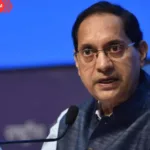
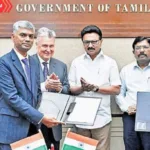
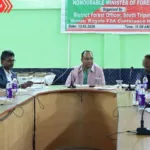

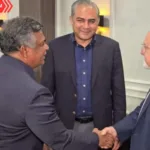
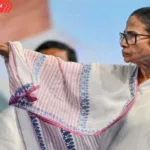
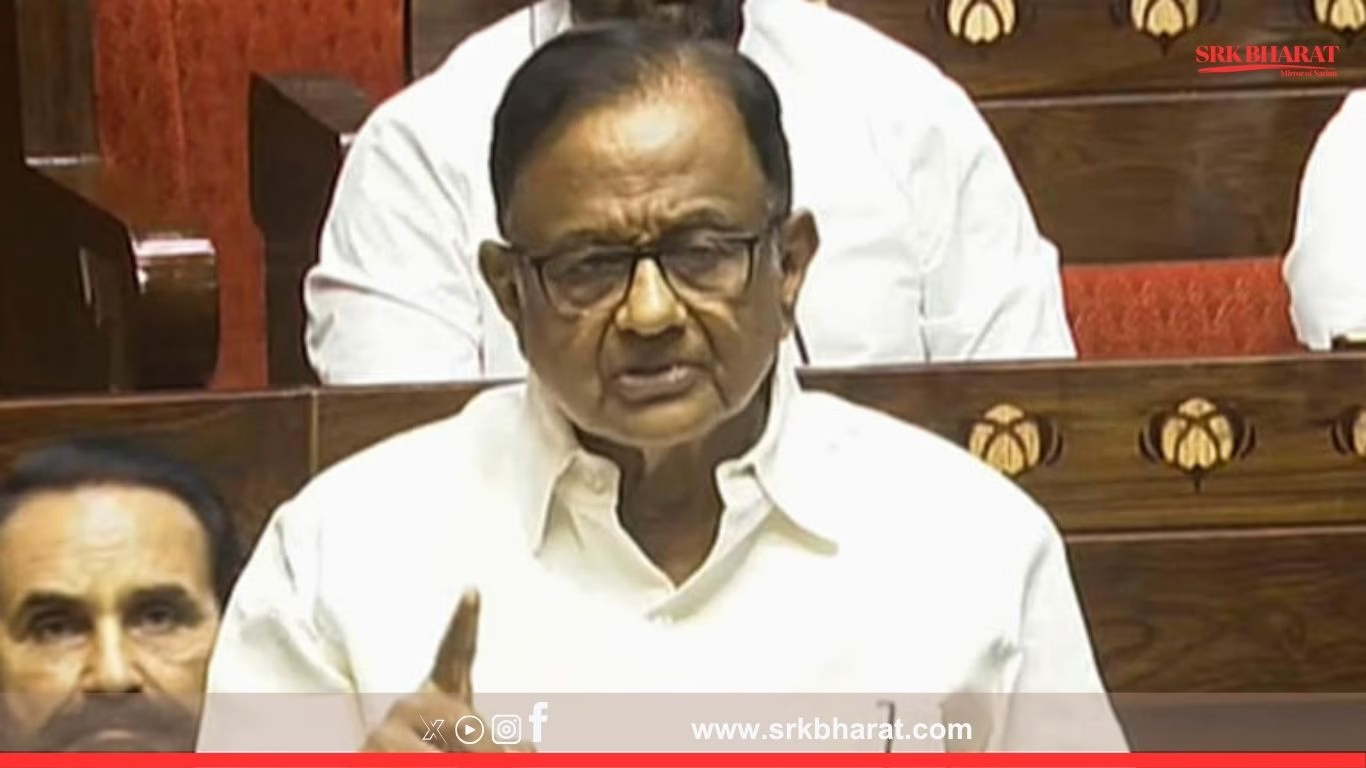
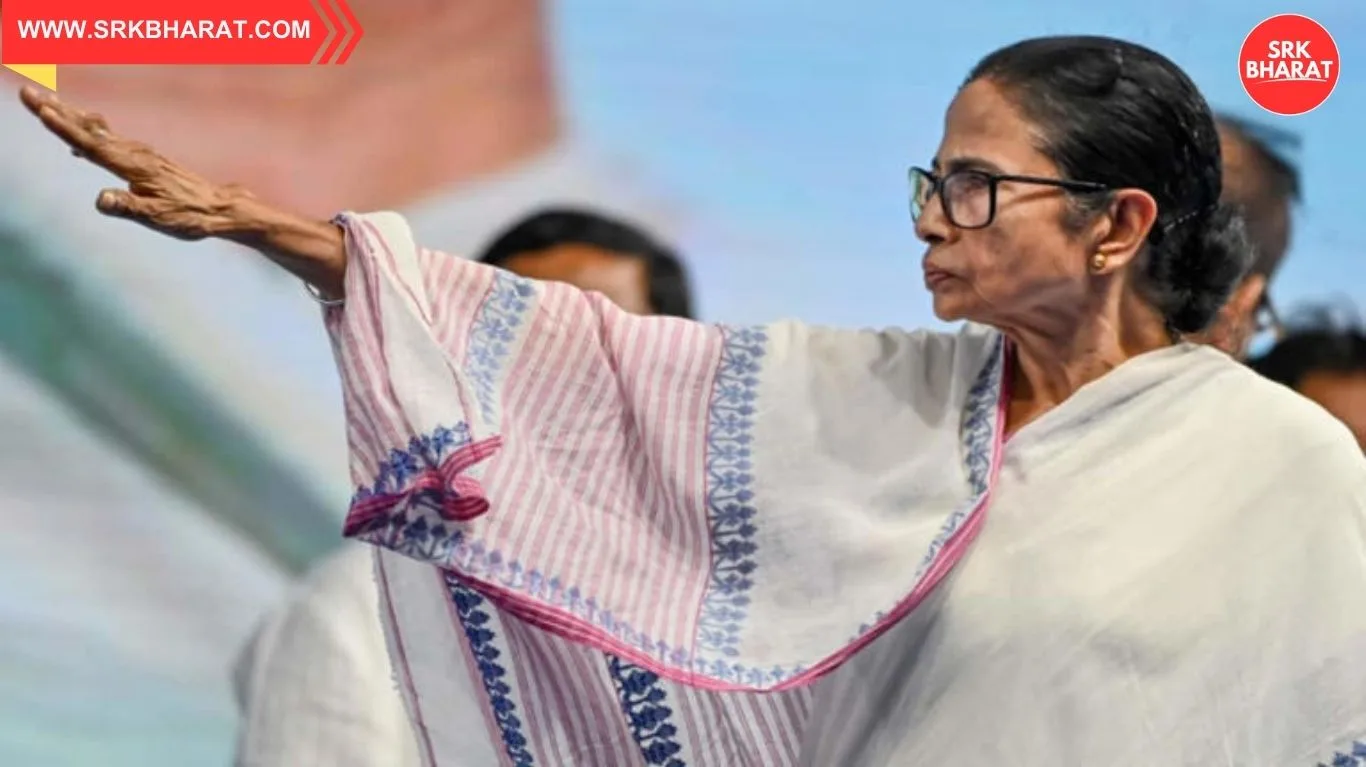
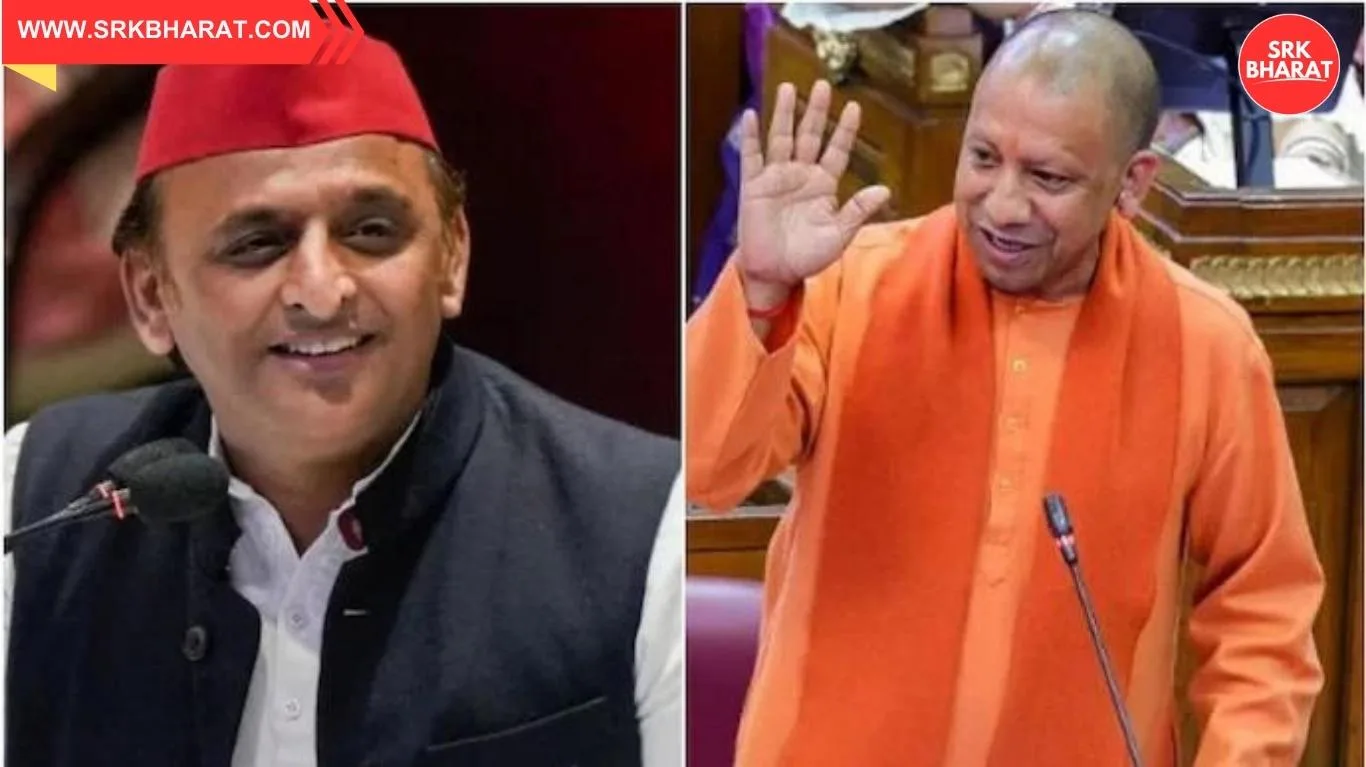
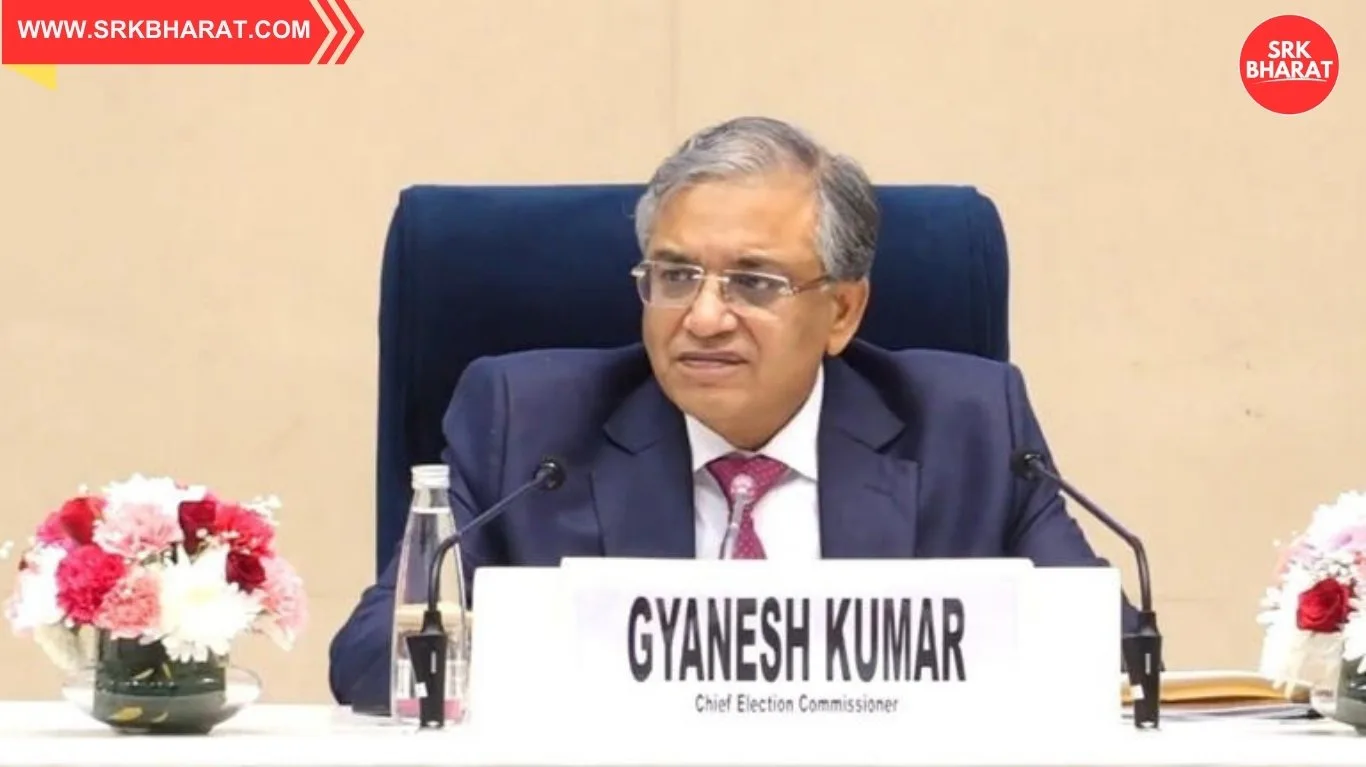
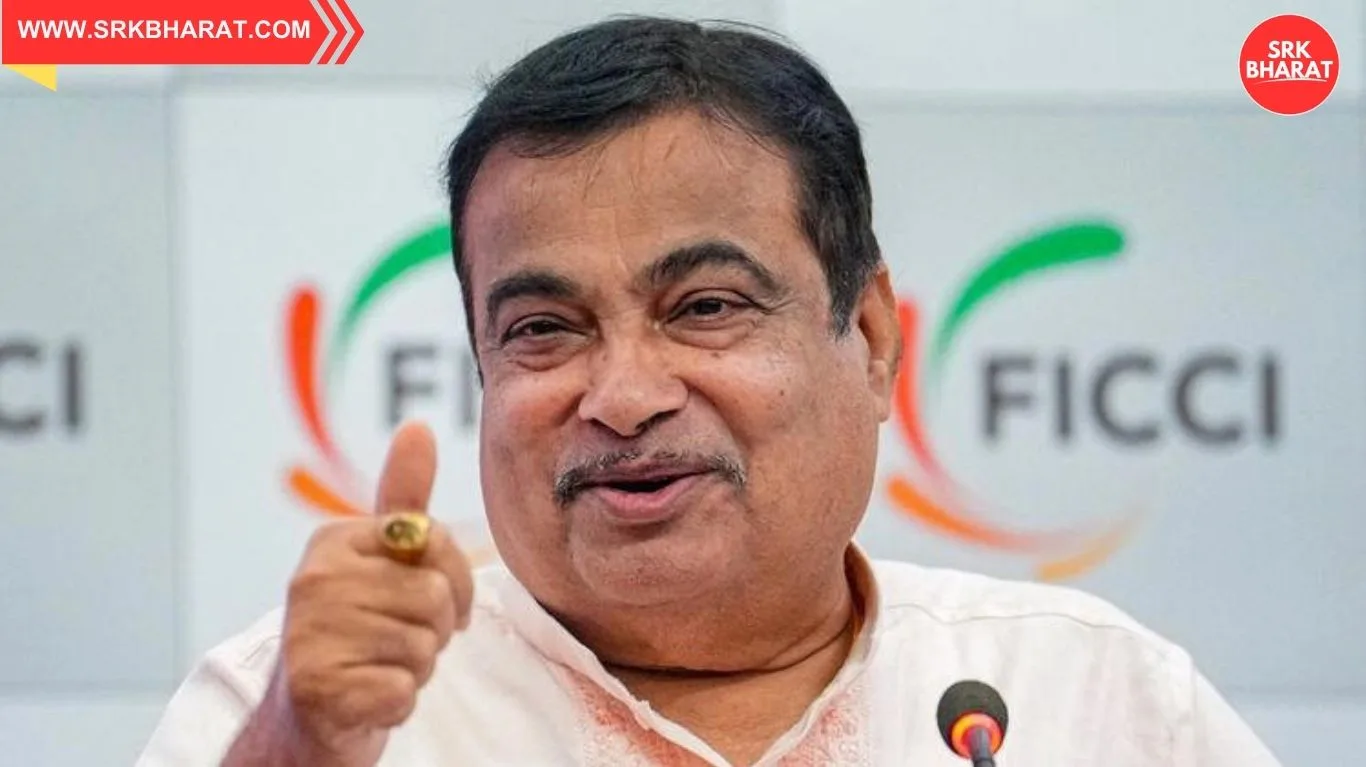
частная наркологическая клиника в москве анонимное https://narkologicheskaya-klinika-23.ru/ .
1xbet turkiye 1xbet turkiye .
гидроизоляция подвала изнутри цена м2 https://gidroizolyaciya-podvala-cena.ru .
xbet giri? xbet giri? .
зашиваться от алкоголя http://www.narkologicheskaya-klinika-23.ru .
ремонт подвала в частном доме gidroizolyaciya-podvala-cena.ru .
купить рулонные шторы москва купить рулонные шторы москва .
рулонные шторы купить москва недорого рулонные шторы купить москва недорого .
1xbet g?ncel 1xbet g?ncel .
1xbet resmi giri? https://1xbet-giris-2.com .
birxbet 1xbet-giris-4.com .
1xbet g?ncel 1xbet g?ncel .
birxbet http://www.1xbet-giris-2.com .
1xbet giri? linki http://www.1xbet-giris-2.com .
раскрутка сайта франция https://optimizaciya-i-seo-prodvizhenie-sajtov-moskva.ru .
оптимизация сайта блог оптимизация сайта блог .
частный seo оптимизатор частный seo оптимизатор .
seo partner http://optimizaciya-i-seo-prodvizhenie-sajtov-moskva-1.ru/ .
оптимизация сайта блог оптимизация сайта блог .
заказать перепланировку http://www.soglasovanie-pereplanirovki-1.ru .
1x giri? http://www.1xbet-7.com .
услуги по согласованию перепланировки квартиры https://soglasovanie-pereplanirovki-1.ru .
помощь в согласовании перепланировки квартиры https://soglasovanie-pereplanirovki-1.ru .
ice bet casino ice bet casino .
seo специалист seo специалист .
icebet casino deutschland icebet casino deutschland .
бюро переводов teletype.in/@alexd78/iF-xjHhC3iA .
бюро переводов в москве teletype.in/@alexd78/iF-xjHhC3iA .
электрокарниз москва https://prokarniz36.ru .
автоматические карнизы http://www.elektrokarniz1.ru/ .
установить рулонные шторы цена https://rulonnye-shtory-s-elektroprivodom177.ru/ .
автоматические жалюзи автоматические жалюзи .
умные шторы купить http://www.prokarniz23.ru .
где можно заказать курсовую работу http://kupit-kursovuyu-1.ru/ .
aviator x https://aviator-game-winner.com .
udane wala jahaj http://aviator-game-deposit.com .
aviator money https://aviator-game-winner.com .
ремонт квартир под ключ в москве компании https://www.rejting-kompanij-po-remontu-kvartir-moskvy.com .
aviation game aviator-game-deposit.com .
лучшая компания по ремонту квартир лучшая компания по ремонту квартир .
электро рулонные шторы avtomaticheskie-rulonnye-shtory11.ru .
рулонные шторы с пультом рулонные шторы с пультом .
mt5 download for pc http://www.metatrader-5-downloads.com .
download mt5 for mac http://www.metatrader-5-downloads.com .
электро рулонные шторы http://avtomaticheskie-rulonnye-shtory11.ru/ .
mt5 download for pc http://metatrader-5-mac.com .
электрические жалюзи на окна электрические жалюзи на окна .
mt5 download http://www.metatrader-5-downloads.com .
meta trader 5 download metatrader-5-mac.com .
курсовые работы заказать курсовые работы заказать .
стоимость написания курсовой работы на заказ kupit-kursovuyu-8.ru .
заказать студенческую работу http://www.kupit-kursovuyu-9.ru .
куплю курсовую работу куплю курсовую работу .
написание курсовых на заказ написание курсовых на заказ .
оценка техники после затопления http://www.ekspertiza-zaliva-kvartiry-5.ru/ .
филлеры купить цены filler-kupit.ru .
автоматические карнизы для штор https://www.prokarniz36.ru .
филлеры цена филлеры цена .
электрокарниз недорого http://www.provorota.su .
электрокарниз http://provorota.su .
электрокарнизы для штор elektrokarniz2.ru .
автоматические гардины для штор http://elektrokarniz98.ru/ .
карниз для штор электрический http://elektrokarniz2.ru .
электрокарниз купить в москве http://provorota.su .
автоматические гардины для штор https://elektrokarniz98.ru/ .
купить рулонные шторы в москве купить рулонные шторы в москве .
рулонные шторы для панорамных окон https://rulonnye-shtory-s-elektroprivodom499.ru .
горизонтальные жалюзи с электроприводом горизонтальные жалюзи с электроприводом .
автоматические рулонные шторы на окна http://www.rulonnye-shtory-s-elektroprivodom.ru .
рулонные шторы с электроприводом цена рулонные шторы с электроприводом цена .
тканевые электрожалюзи http://prokarniz23.ru .
рулонная штора с электроприводом рулонная штора с электроприводом .
кожаные жалюзи с электроприводом http://www.prokarniz23.ru .
устранение протечек в подвале https://gidroizolyacziya-podvala-iznutri-czena.ru/ .
гидроизоляция цена за рулон гидроизоляция цена за рулон .
инъекционная гидроизоляция густота состава inekczionnaya-gidroizolyacziya.ru .
гидроизоляция цена работы [url=https://gidroizolyacziya-czena1.ru/]гидроизоляция цена работы[/url] .
материалы инъекционной гидроизоляции [url=https://inekczionnaya-gidroizolyacziya.ru/]материалы инъекционной гидроизоляции[/url] .
стоимость гидроизоляции подвала [url=www.gidroizolyacziya-podvala-iznutri-czena.ru/]www.gidroizolyacziya-podvala-iznutri-czena.ru/[/url] .
ремонт бетонных конструкций гарантия [url=https://remont-betonnykh-konstrukczij-usilenie.ru/]remont-betonnykh-konstrukczij-usilenie.ru[/url] .
гидроизоляция подвала утепление [url=https://gidroizolyacziya-podvala-samara.ru]https://gidroizolyacziya-podvala-samara.ru[/url] .
гидроизоляция цена [url=www.gidroizolyacziya-czena1.ru]гидроизоляция цена[/url] .
ремонт подвала в частном доме [url=https://www.gidroizolyacziya-podvala-iznutri-czena.ru]https://www.gidroizolyacziya-podvala-iznutri-czena.ru[/url] .
наплавляемая гидроизоляция цена [url=gidroizolyacziya-czena1.ru]наплавляемая гидроизоляция цена[/url] .
полиуретановая инъекционная гидроизоляция [url=https://inekczionnaya-gidroizolyacziya.ru/]https://inekczionnaya-gidroizolyacziya.ru/[/url] .
усиление проёма уголком [url=http://www.usilenie-proemov2.ru]усиление проёма уголком[/url] .
курсовой проект купить цена [url=https://kupit-kursovuyu-22.ru/]kupit-kursovuyu-22.ru[/url] .
пин ап положительные отзывы http://www.pinup5009.ru
пин ап лицензия http://www.pinup5010.ru
pin up ro‘yxatdan qanday o‘tish pin up ro‘yxatdan qanday o‘tish
пин ап мобильное приложение пин ап мобильное приложение
pin up to‘lov usullari pin up to‘lov usullari
pin up promokod orqali bonus olish pin up promokod orqali bonus olish
1вин вход в личный кабинет 1вин вход в личный кабинет